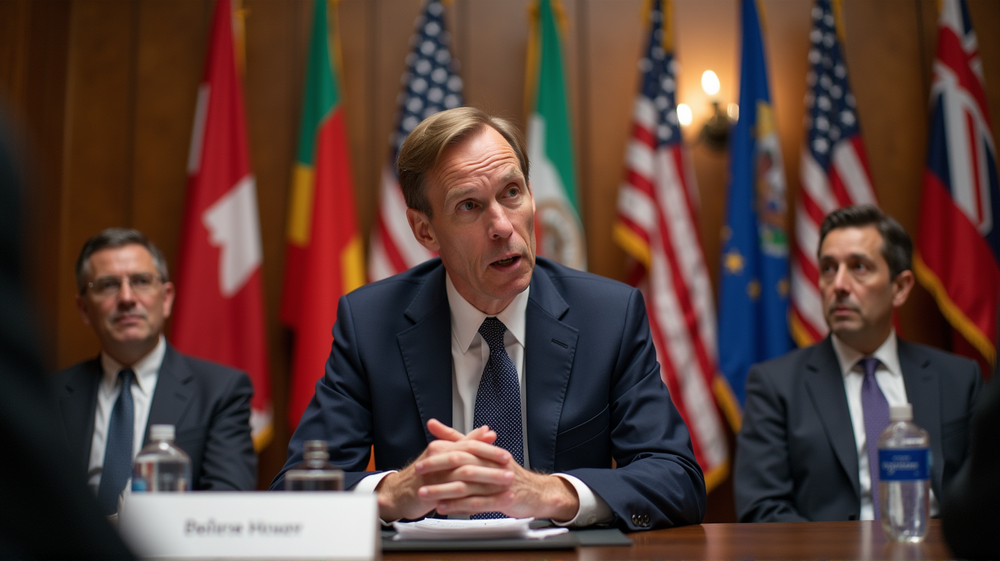Amid the anticipation surrounding the 2026 World Cup and other international sporting events, U.S. Senator Ron Wyden raises an urgent call to address travel detentions that could overshadow America’s role as host. A ripple of concern has spread through tourism and sports industries as traveler apprehensions complicate international relations.
Senator Wyden’s Call to Action
On the political forefront is Oregon’s Senator Ron Wyden, who has proactively addressed this brewing storm. In letters directed at Secretary of State Marco Rubio and Homeland Security Secretary Kristi Noem, Wyden urged a recalibration of the current border policies. His pointed correspondence underscored how these policies have spiraled ordinary travel into “a needlessly grueling ordeal,” igniting unease among private citizens and athletes alike.
Economic Ripples of Travel Detentions
As anxiety looms with major global events on the horizon, the economic stakes are starkly illustrated. The drop in international arrivals predicted by Tourism Economics to reach 9.4% this year highlights potential economic setbacks for the U.S. tourism sector. As stated by Oregon Public Broadcasting - OPB, this decline translates into a portentous $9 billion hemorrhage from anticipated visitor spending.
Troubling Tales from Travelers
Real-world stories provide a human face to these statistics. Notably, a German traveler faced a distressing 16-day detention upon trying to re-enter the U.S. with an American fiancé post a road trip in Mexico. Similarly, Becky Burke’s three-week ordeal at the U.S.-Canada border paints a sobering picture of current policies’ reach—even touching the lives of those simply journeying cross-border.
Looking Ahead to Global Sporting Events
The letter’s urgency is amplified by upcoming events—the 2026 World Cup and the 2028 Los Angeles Olympics. Wyden reminds the Trump administration of the impending influx of athletes, journalists, and visitors, stressing the potential for travel policies to impair participation from international talent. For instance, Venezuelan player Deyna Castellanos’ absence from international matches underscores these constraints’ real-world impact.
Task Force for a Successful 2026 World Cup
In response, and perhaps as a statement of intent, President Trump announced a task force with FIFA’s guidance. Charged with smoothing security and logistics for the World Cup, it embarks on a pivotal journey to mitigate these border complexities. As the world watches, America’s hands remain tied in balancing security with its hallmark hospitality.
The spotlight on these travel travails signals an intricate intersection of policy, economy, and international diplomacy—a conundrum wherein resolving these issues could steer the U.S. toward successful hosting or conversely, an unenviable spotlight on traveler woes.













